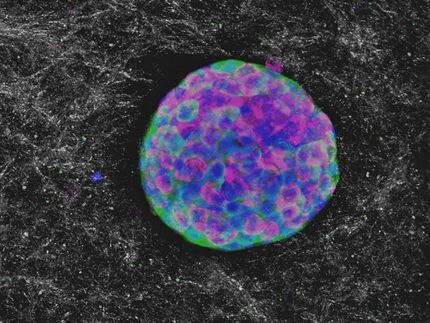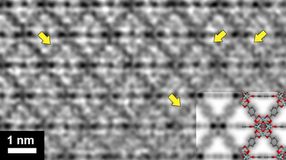Investigation into GLP-1 based diabetes therapies concluded
No new concerns for GLP-1 therapies identified on the basis of available evidence
The European Medicines Agency’s Committee for Medicinal Products for Human Use (CHMP) has finalised a review of GLP-1-based diabetes therapies. The Committee concluded that presently available data do not confirm recent concerns over an increased risk of pancreatic adverse events with these medicines.
The rise of type-2 diabetes is a major public health challenge. GLP-1 based therapies are effective treatments for type-2 diabetes and add to the available medication options. The term GLP-1 based therapies comprises two classes of medicines: glucagon-like-peptide-1 (GLP-1) agonists and dipeptidylpeptidase-4 (DPP-4) inhibitors.
The review of these medicines was initiated following the publication of a study by a group of independent academic researchers that suggested an increased risk of pancreatitis (inflammation of the pancreas) and cellular changes called pancreatic-duct metaplasia in patients with type-2 diabetes treated with so-called GLP-1-based therapies. The findings were based on examination of a small number of pancreatic tissue samples obtained from organ donors with and without diabetes mellitus, who died due to causes other than diabetes.
Following a review of the publication and consultation of a panel of experts, the CHMP considered that the study itself had a number of methodological limitations and potential sources of bias, most importantly differences between the studied groups with respect to age, gender, disease duration and treatments, which preclude a meaningful interpretation of the results.
The CHMP also considered after a review of all available non-clinical and clinical data that there is no change in evidence regarding the risks of pancreatic adverse events associated with the use of GLP-1 based therapies.
A small number of cases of pancreatitis have been reported in clinical trials. In addition, through spontaneous reports a significant number of cases have been observed, although these need to be interpreted cautiously. All these medicines already carry warnings in their product information but the CHMP considered that there would be value in harmonising the wording of these warnings across all GLP-1 based therapies so that patients and healthcare professional receive consistent advice.
With regard to pancreatic cancer, data from clinical trials do not indicate an increased risk with these medicines. However, the number of events is too small to draw final conclusions. Due to their mechanism of action (stimulation of beta-cell- and suppression of alpha cell-function) some uncertainties remain in respect to the long-term effect of these medicines on the pancreas and more data collection efforts are under way.
The marketing authorisation holders of these medicines are closely monitoring for adverse effects, including effects on the pancreas, and report their findings regularly to the European Medicines Agency (EMA) for assessment. Several studies are planned or ongoing, including large outcome studies which are aimed at increasing the ability to understand and quantify risks associated with these medicines, including the occurrence of pancreatitis and pancreatic cancer, and the potential value of additional studies will also be considered. Marketing authorisation holders will update the risk management plans for these medicines accordingly.
In addition, two large independent studies have been under way since 2011 to study the risk profile of diabetes treatments in general, and more specifically their risk profile in relation to the pancreas. First results of these studies, which are funded by the European Commission, are expected in the spring of 2014. In the meantime the EMA continues to closely monitor and assess all information that is becoming available on these medicines to ensure that their benefit-risk balance remains positive.


















































